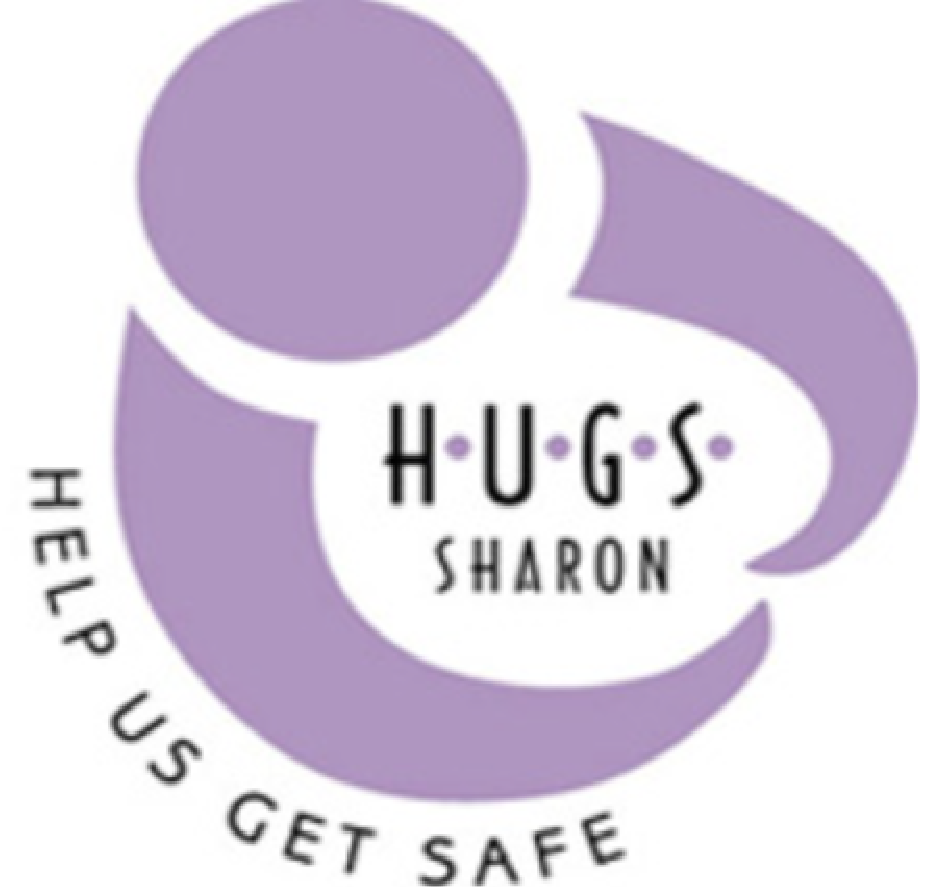
Help a Friend
Supporting a friend in an unhealthy relationship requires a delicate balance of empathy, understanding, and empowerment. If someone you care about is navigating the challenging terrain of domestic violence, offering meaningful support can make a significant difference.
10 Ways to Help a Friend
-
![]()
1. Listen with Empathy
Be a good listener, offering a compassionate ear without judgment, creating a safe space for your friend to share their experiences.
-
![]()
2. Believe and Validate
Show belief in your friend's experiences, validating their feelings and reinforcing that you trust and support them.
-
![]()
3. Non-Judgmental Support
Provide non-judgmental support, letting your friend know that your concern is for their well-being, not criticism.
-
![]()
4. Respect Choices
Support their choices, recognizing that decisions regarding the relationship are personal, and empower them to make their own decisions.
-
![]()
5. Avoid Telling Them What to Do
Refrain from telling them what to do; instead, offer information and resources, allowing them to make informed choices.
-
![]()
6. Assist in Finding Resources
Help them find resources, including hotlines, shelters, and legal services, to facilitate access to the assistance they may need.
-
![]()
7. Discuss Safety Planning
Initiate conversations about safety planning, assisting them in developing strategies to navigate their situation safely.
-
![]()
8. Reassure Them of Their Support System
Remind them they are not alone, reinforcing that you are there for them and that a network of support is available.
-
![]()
9. Affirm Self-Worth
Emphasize that they don't deserve to be treated poorly and that everyone deserves respect and a healthy relationship.
-
![]()
10. Shift Blame Away
Make it clear that the abuse is not their fault, and help them recognize they have choices, supporting them in seeking help to leave the relationship safely.










